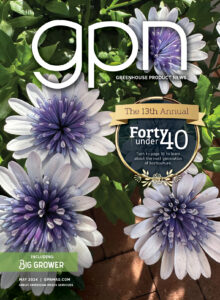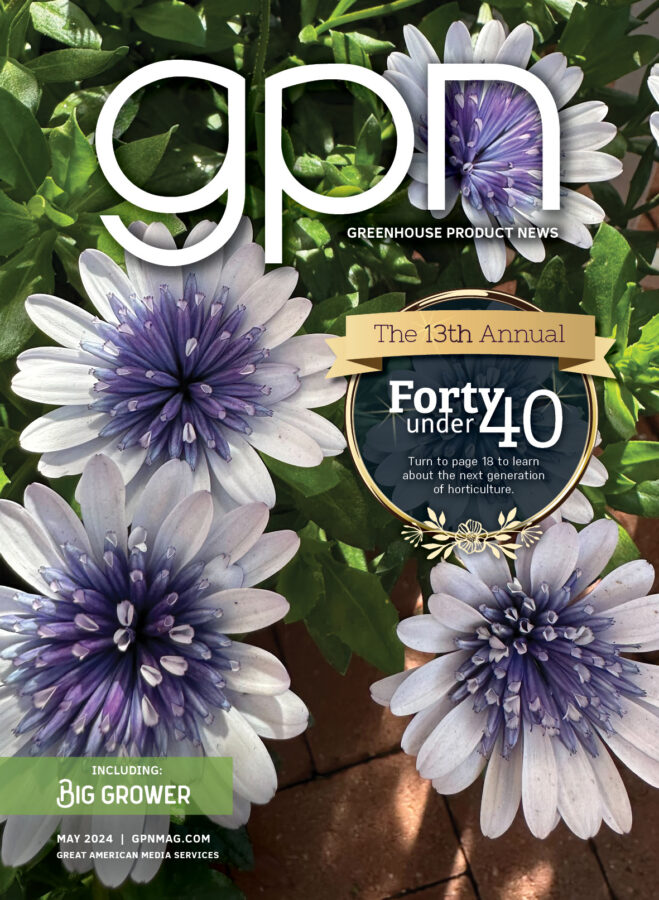New Assessment Tool for Greenhouse Growers
Michigan greenhouse growers, currently facing increasing pressure from major retailers to operate in a sustainable manner, have a new assessment tool to help them meet the industry’s demand for environmental responsibility.
Greenhouse *A* Syst risk assessment is the newest component of the 10-year-old Michigan Agriculture Environmental Assurance Program (MAEAP). MAEAP was developed by a coalition of farmers, commodity groups, state and federal agencies, and conservation and environmental groups to provide a venue for farmers to become better educated about management options to help protect and enhance the quality of the state’s natural resources, according to a Michigan State University press release.
The program provides a structure under which Michigan growers can be assured they are effectively following all current agricultural management practices as well as complying with state and federal environmental laws.
The new tool, *A* Syst integrates the guidelines for both cropping and farmstead into one comprehensive tool with 14 sections and more than 200 questions. Traditionally, the MAEAP is structured into three systems – livestock, farmstead and cropping. The new tool reflects the greenhouse industry’s close tie between operational headquarters and production areas, according to the press release.
“Some nationwide buyers of agricultural products are demanding that their growers participate in a sustainability program,” said Allen Krizek, Michigan State University (MSU) Extension coordinator. “A team of experts from various organizations developed the Greenhouse *A* Syst tool to meet he industry’s diverse demand for environmental responsibility.”
Greenhouse *A* Syst, a voluntary verification process for greenhouse growers, is conducted by a local groundwater technician. Linda Zabik, Kalamazoo conservation district groundwater technician, has conducted six assessments with growers in cooperation with Jeanne Himmelein, MSU Extension commercial horticulture educator.
So far, the feedback from growers appears to be positive, with many being grateful for a tool that helps them “get a clear picture of management practices,” both those that can be easily remedied, and those that will require more time and money to implement, Zabik said.
Although the Greenhouse *A* Syst assessment is free, it may lead to some costly recommendations, Himmelin cautioned: “I believe that over time, when greenhouse operators are planning for growth and upgrades, they can take the regulations into consideration,” she says. “They want to do what is best, but finances are key.”
There is no concrete timeline yet to become MAEAP-verified, but growers now have a chance to claim the title of being the first verified greenhouse.
Project GREEEN (Generating Research and Extension to meet Economic and Environmental Needs), Michigan’s plant agriculture initiative at MSU, funded the publicity efforts of the new tool for greenhouse growers, including financing the production of a promotional brochure and three information open house events.
To learn more about Michigan’s plant agriculture initiative at MSU, visit http://www.greeen.msu.edu/.


 Video Library
Video Library 




















